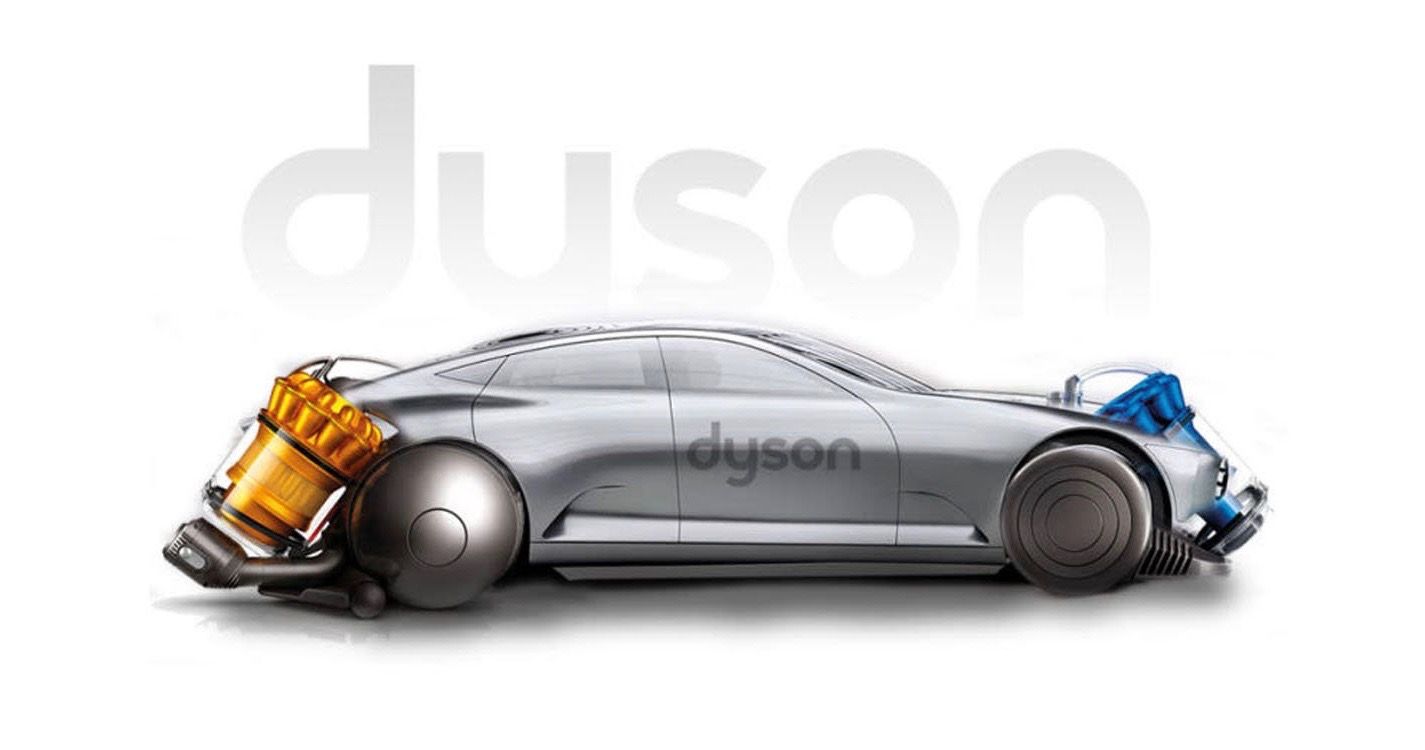James Dyson, most famous for its bagless vacuums and hand dryers, has pulled the plug on his electric car project. The British vacuum mogul announced the news in a staff email on Thursday, saying that he and his board of directors decided to end their quest to build an electric car after failing to secure a buyer.
Dyson says that his company will instead “concentrate on the formidable task of manufacturing solid-state batteries” as well as other “fundamental” technologies like vision systems, robotics, machine learning, and AI.
“The Dyson automotive team has developed a fantastic car: they have been ingenious in their approach while remaining faithful to our philosophies,” Dyson wrote in the email. “However, though we have tried very hard throughout the development process we simply can no longer see a way to make it commercially viable.”
Dyson was expected to launch the electric car in 2020, but last year, the date was postponed to 2021 after the entrepreneur announced his company would build a manufacturing plant in Singapore. Dyson hinted that he would create an entire range of vehicles with the Dyson name and that his company was in the process of developing solid-state batteries for the EV.
An estimated 600 people were working on the electric car project, which was first announced in 2017. In his email, Dyson said he and his team are “working to quickly find alternative roles within Dyson for as many of the team as possible and we have sufficient vacancies to absorb most of the people into our Home business.” If Dyson is unable to relocate the employees or if they choose to leave the company, he said he will “support them fairly and with the respect deserved.”
“This is a challenging time for our colleagues, and I appreciate your understanding and sensitivity as we consult with those who are affected,” Dyson wrote. “This is not a product failure, or a failure of the team, for whom this news will be hard to hear and digest. Their achievements have been immense – given the enormity and complexity of the project.”
Dyson, who is worth an estimated $12.6 billion, according to the Bloomberg Billionaires Index, which makes him the 109th richest person on the planet, famously supports Brexit. In 2016, he announced plans to invest £2.5bn in building a “radically different” electric vehicle.
In 2017 he told the BBC that a no-deal Brexit would “hurt the Europeans more than the British.” He also stated, “I think uncertainty is an opportunity, and the opportunity here is actually that the rest of the world is growing at a far greater rate than Europe, so the opportunity is to export to the rest of the world and to capitalise on that.”
RELATED: Electric Car Start-Ups Have A Tough Road Ahead
He also stated last year that he planned to invest £200m in a testing facility on a former second world war airfield at Hullavington, near the company’s facility at Malmesbury, Wiltshire, yet he ultimately faced criticism for planning to build a factory to manufacture the vehicle in Singapore, after he relocated the company’s headquarters there.
Additionally, Dyson spent a reported $54.24 million on Singapore’s most expensive penthouse at Guoco Tower, “a world-class vertical city” and Singapore’s tallest building, which signaled that he was set to move most of his electric car business activity to Asia.

